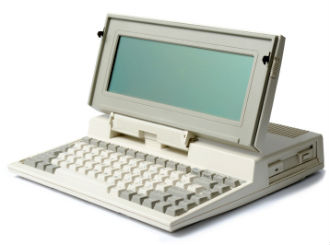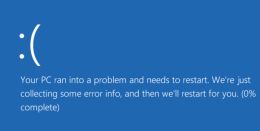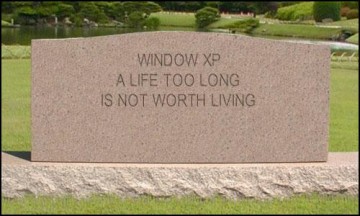 One in five of the Greater Manchester Police computers are still running Windows XP.
One in five of the Greater Manchester Police computers are still running Windows XP.
Greater Manchester Police told the BBC that 1,518 of its PCs ran the ageing operating system, representing 20.3 percent of all the office computers it used.
Microsoft ended nearly all support for the operating system in 2014. Experts say its use could pose a hacking risk.
Greater Manchester Police said it was reducing its reliance on XP “continually” presumably every time that smoke starts pouring out the back of a PC.
“The remaining XP machines are still in place due to complex technical requirements from a small number of externally provided highly specialised applications”, a spokeswoman told the BBC.
“Work is well advanced to mitigate each of these special requirements within this calendar year, typically through the replacement or removal of the software applications in question.”
Cleveland Police said it had seven computers running XP, representing 0.36 percent of the total.
The Police Service of Northern Ireland said it had five PCs still running XP, representing 0.05 percent of the total.
The Civil Nuclear Constabulary said it had fewer than 10 computers in operation running Windows XP, representing less than one percent of the total, but it added none of them was on its live network.
Gwent Police, North Wales Police, Lancashire Constabulary, Wiltshire Police and City of London Police all said they had no computers running XP.
London’s Metropolitan Police Service refused to say how many PCs were running XP, but in June it said about 10,000 of its desktop computers were still running XP.










